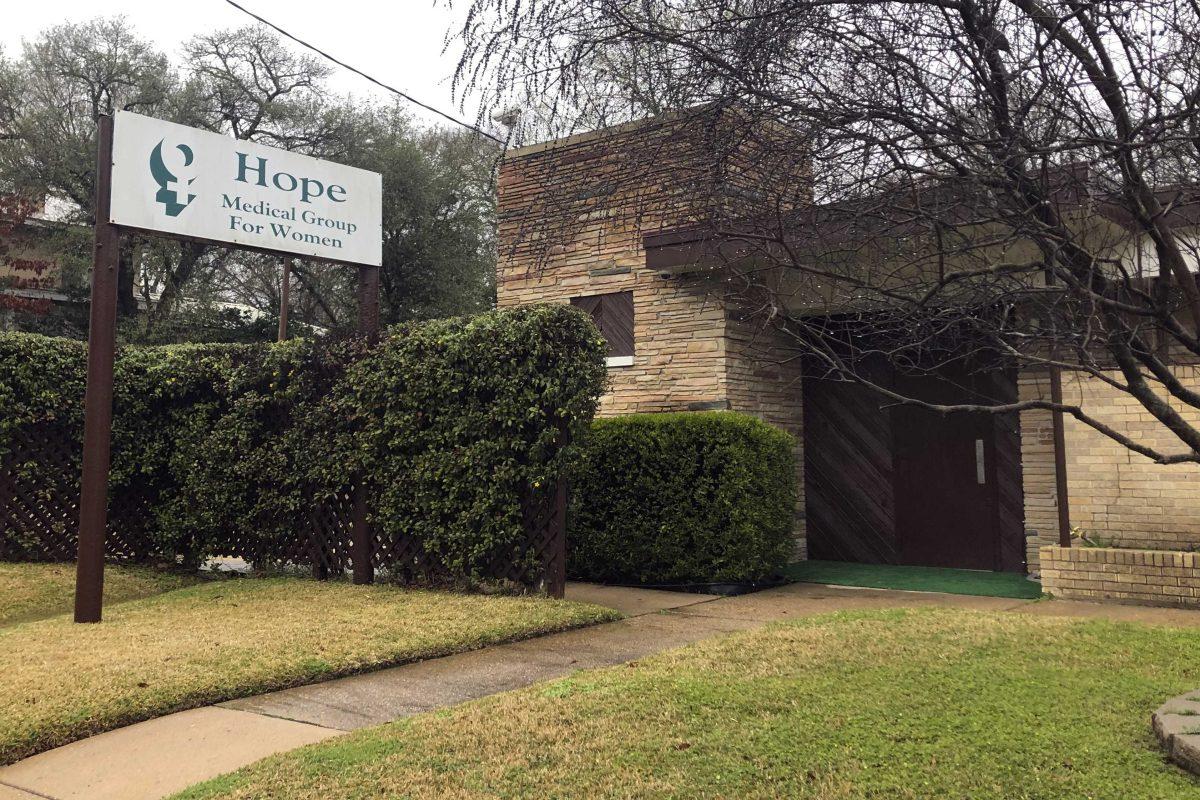On March 11 of this year, Gov. Greg Abbott of Texas introduced Senate Bill 8, the “Texas Heartbeat Act.” The act was signed into law May 19 and went into effect on Sept. 1. As the strictest abortion law in the nation, this act allows private individuals to sue anyone who violates the ban on abortions after six weeks of pregnancy when a heartbeat is first detected.
The law does not allow exceptions for rape or incest, and violators can be sued for a minimum of $10,000. Medical and legal experts largely believe the six-week fetal heartbeat is deceptive. Embryos do not possess a heart at that stage in development, so the sound heard on ultrasound machines is simply electrical activity from cells, not the “the opening and closing of the cardiac valves” attended in adults.
This is just one of many examples of anti-abortion politicians putting religious fervor over medical knowledge and the well-being of pregnant women. Unfortunately, for an ideology that boasts personal liberty, many conservative figures cannot seem to keep religion out of their rhetoric when speaking on abortion.
In a video of the bill-signing ceremony posted to his Twitter account, Abbott attempted to justify the Texas Heartbeat Act by saying, “our Creator endowed us with the right to life.”
This “Creator” certainly refers to a higher entity in the Christian religion, and Abbott’s inclusion of this type of sentiment in his political arguments and policymaking directly violates the separation of church and state.
In May 2019, when Alabama Gov. Kay Ivey signed a different anti-abortion bill into place, she said the bill is a testament to the state’s belief that “every life is a sacred gift from God.” References to a higher entity, once again, prove that anti-abortion politicians are not basing their decisions on sound scientific reasoning.
State Sen. John Milkovich, who introduced one of Louisiana’s stricter abortion laws, said that a 15-week ban in Louisiana would protect fetuses from pain, even though it is medically unproven that fetuses can feel pain at this gestational stage.
Conservative, anti-abortion politicians are prevalent in the Deep South. They are more than just an embarrassment to the country; they pose a safety threat to pregnant people in an area where abortion access is already scarce.
Louisiana has only three abortion clinics in the entire state. With the influx of Texan patients needing an abortion after Senate Bill 8 went into effect, facilities are overwhelmed and waiting lists are extensive, troubling for as time-sensitive procedure as an abortion.
Louisiana may soon face even harsher restrictions. A Mississippi ban on abortions after 15 weeks will appear before the Supreme Court on Dec. 1. A ruling in favor of the ban could have national implications on pre-viable abortions. The outcome of Dobbs v. Jackson Women’s Health Organization decides the constitutionality of abortion laws like the one proposed by Milkovich.
Abortions will occur whether or not they are legal; countries that have outlawed abortions have roughly the same number of abortions as countries where it is legal.
What they will do is increase the number of pregnancy-related deaths and intensify the stress and trauma that come with an unwanted pregnancy.
The research shows that outlawing abortions will not decrease the number of abortions, only reduce the number of safe abortions. The intentions of anti-abortion politicians are clear—these laws are not proposed to preserve “life.” They are only offered to restrict the bodies of those who are pregnant.
To prevent abortions, focus less on pushing laws that increase pregnancy-related deaths. Focus instead on increasing access to birth control and sex education.
Kathryn Craddock is a 21-year-old mass communication junior from Patterson.
Opinion: Anti-abortion politicians are dangerous; religiously biased
October 6, 2021
An exterior photo of the Hope Medical Group for Women on Feb. 20, 2020, in Shreveport, La. The clinic is one of three in the state that provides abortions to women, and it is challenging a state law that requires doctors who perform abortions to have admitting privileges at a nearby hospital. The Supreme Court is hearing the case on March 4. (AP Photo/Rebecca Santana)








